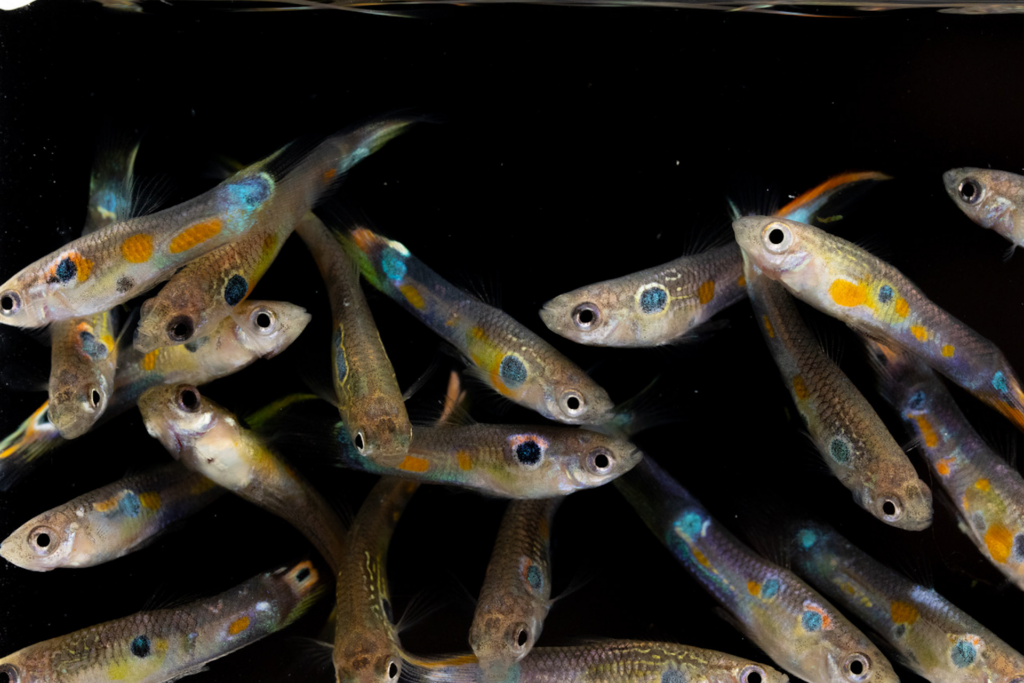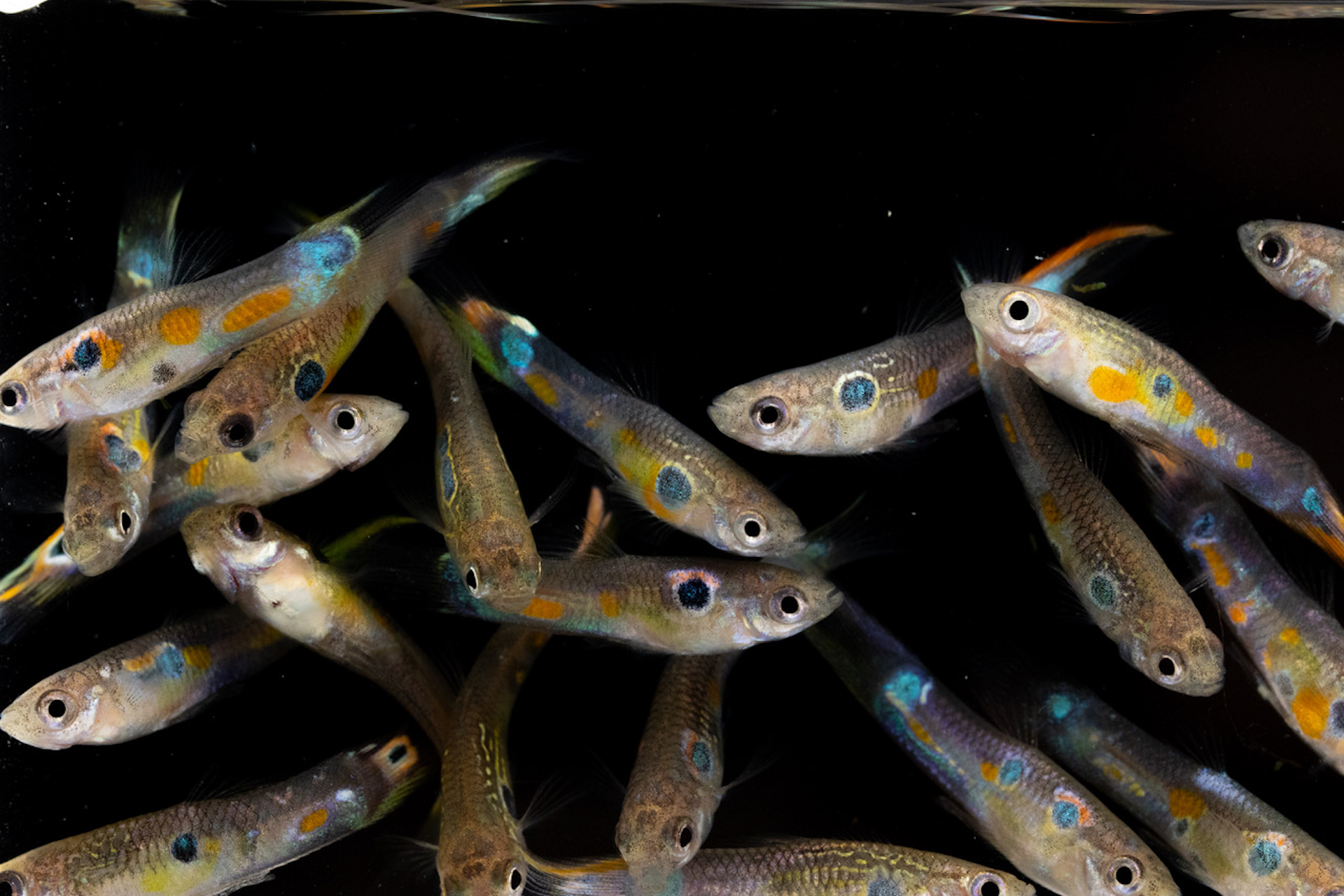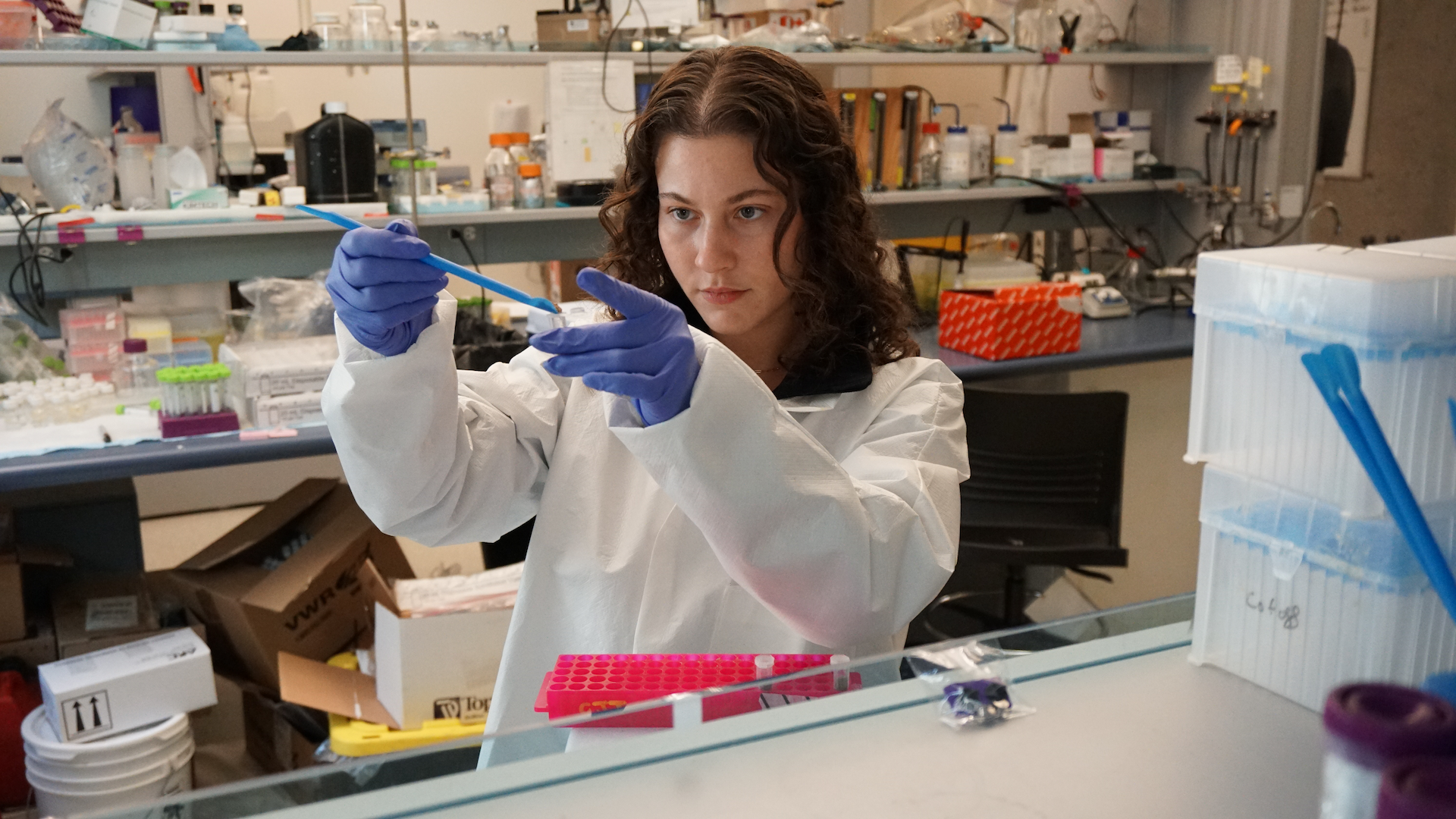-

Migration from metro areas pose challenges for small communities: report
In B.C., most people don't leave small towns for big cities—they go the other way. It's a trend that's been happening for decades, but it has accelerated since 2015.
-

UBC researchers partner with Canadian e-commerce giant to remove CO2 from the air
UBC spin-off company Carbin Minerals is set to remove 200 tonnes of carbon dioxide from the air in partnership with e-commerce platform Shopify.
-
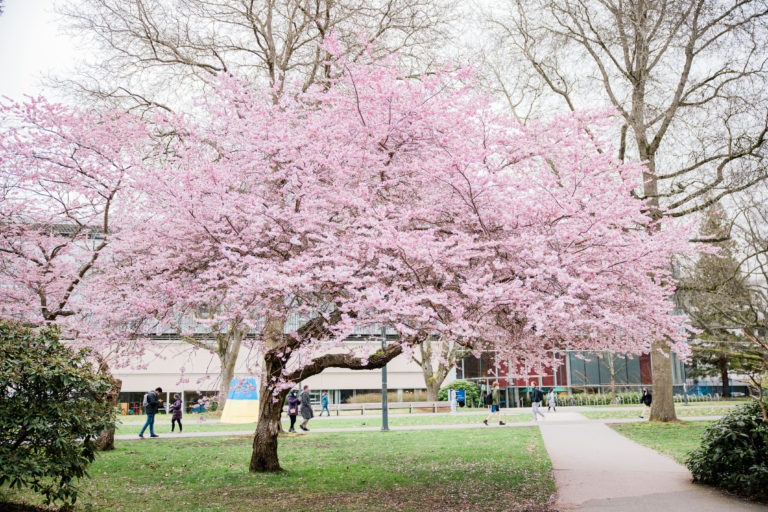
Citizen scientists predict cherry blossom peak
Cherry blossoms attract huge crowds in spring, but predicting when they’re at their peak is no easy feat. In order to do that accurately, scientists look at many factors including recent local weather patterns, temperatures and amount of daylight.
-

New nasal spray treats Delta variant infection in mice, indicating broad spectrum results
Researchers have shown a new compound delivered in a nasal spray is highly effective in preventing and treating COVID-19 caused by the Delta variant in mice.
-
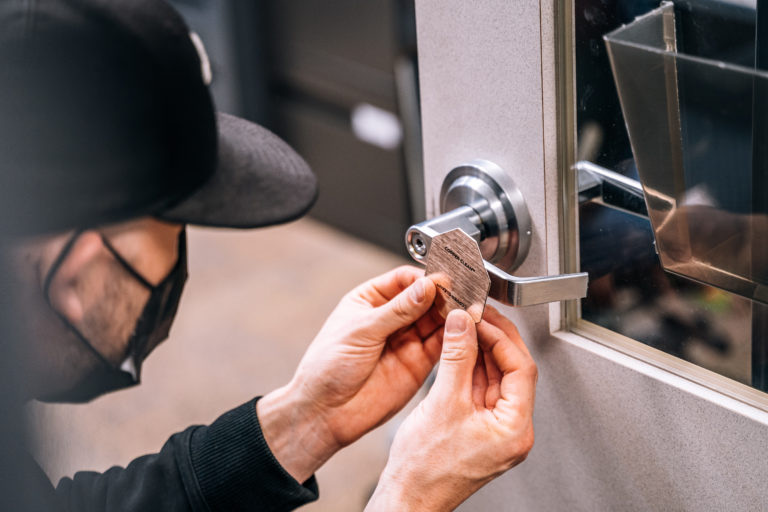
Microbe-slaying copper applied to UBC buildings
More than 400 sanitizing copper patches have been added to high-contact areas at UBC as part of a collaboration between Teck Resources and UBC to study the antimicrobial properties of copper.
-

Dr. Michael Kobor to lead new UBC research program in healthy aging
Renowned biomedical researcher Dr. Michael Kobor has been appointed to lead the Edwin S.H. Leong Healthy Aging Program – a new UBC research program aimed at helping people live longer, healthier lives.
-
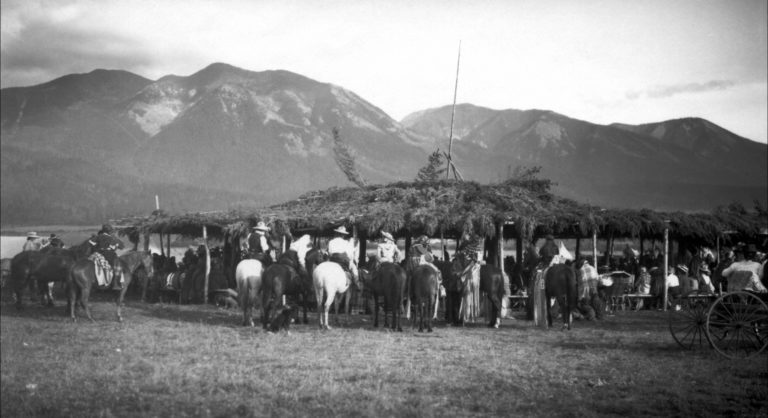
Indigenous stories reveal the science of the world around us
Indigenous stories hold clues to hydrological and geographical features, providing insights into the science of the world around us.
-
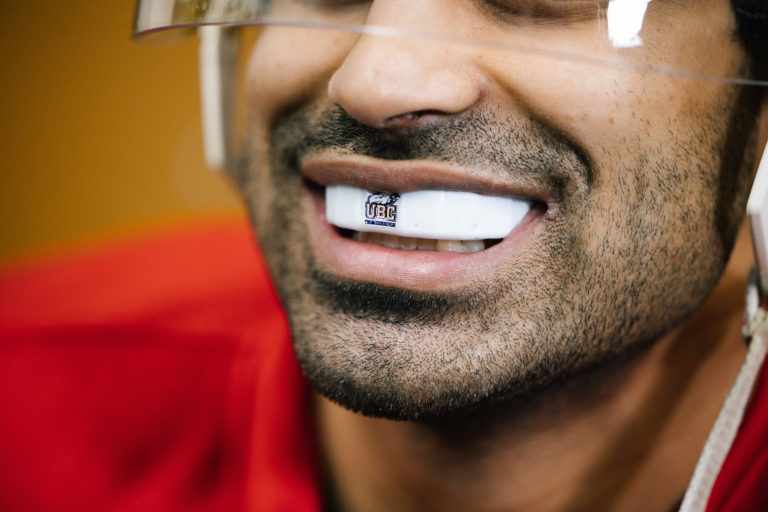
High-tech mouthguard tracks head impacts during varsity hockey playoffs
A high-tech mouthguard worn by UBC Thunderbird hockey players will capture data for UBC researchers who study concussions.
-
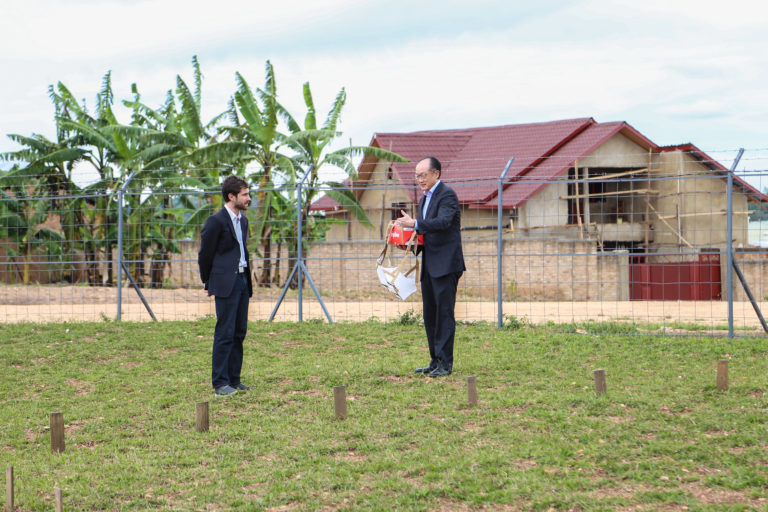
Drones get blood to patients faster—and reduce waste
Using drones instead of ambulances for emergency delivery of perishable blood products in Rwanda resulted in blood arriving for transfusions 79 minutes faster on average.
